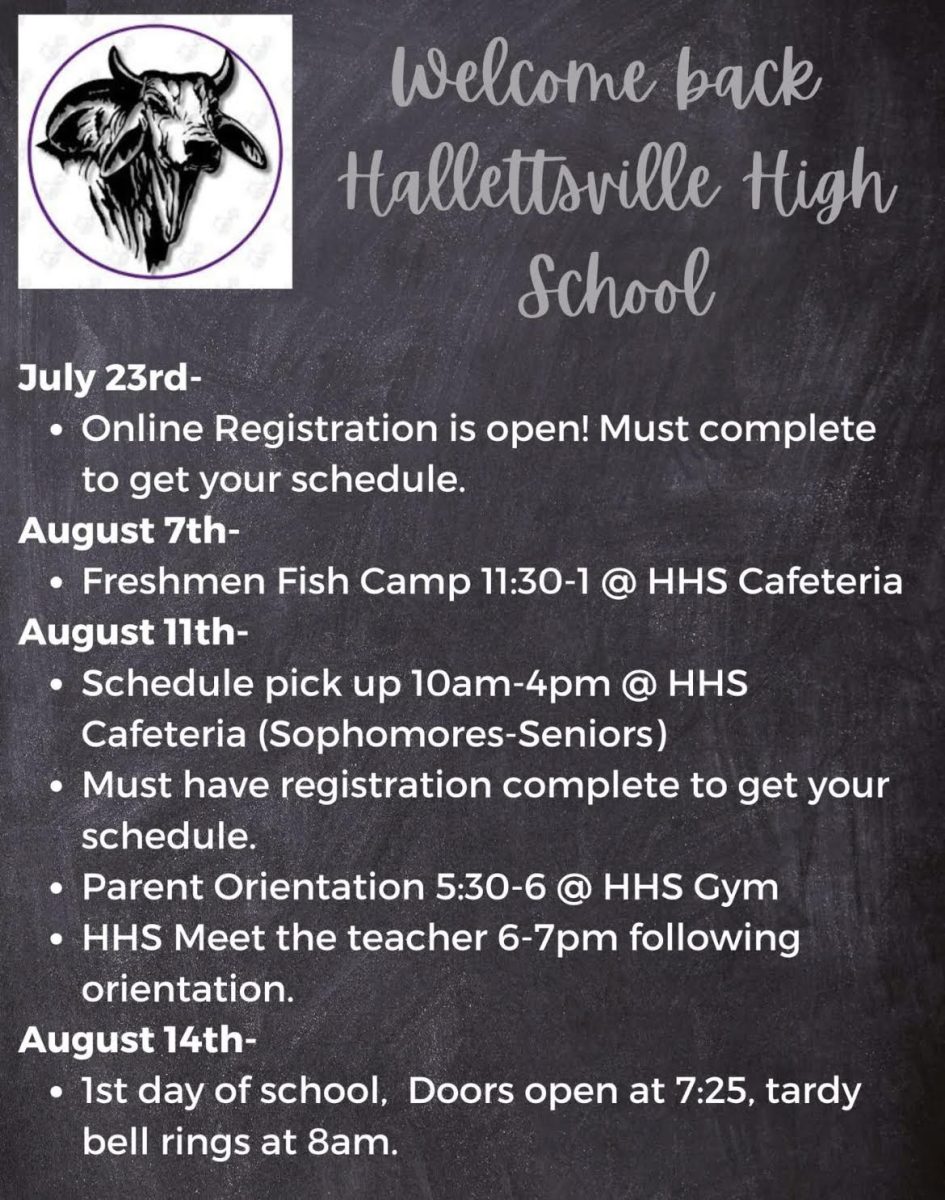Christmas break is right around the corner, but one major barrier still stands in the way: semester exams. The last week of school is crammed with the stress of fighting to remember 18 weeks worth of information for anywhere from five to eight classes. To say the week is exhausting would be an understatement. As students work to prepare for their exams, the Brahma Lariat has compiled a survival guide to help you reach the end of the semester without going insane.
Unlocking Your Inner Rory Gilmore
If you haven’t seen Gilmore Girls, I strongly recommend binging it for inspiration. Rory Gilmore’s character is a perfect representation of what it feels like during exams week- except she seems to feel the pressure 365 days a year. Her knack for studying and academic drive is something we can all relate to striving for – even if it’s arguably not as crazed as hers.
This exam season, try following proven study methods to help break down and remember material. The Feynman Method was built on the idea that in order to truly know a concept, you have to be able to teach it to a six-year-old. Study the subject, then break it down into simple, easy to remember explanations and analogies. Those explanations should be enough to give someone with zero knowledge on the topic an in-depth understanding in a short amount of time.
The Pomodoro Technique uses a series of 25 minute study sessions broken up by 5 minute breaks. This allows for better time management and increases your ability to hone in on one subject for a single period of time. Studies recommend repeating the 25 minutes on, 5 minutes off sessions at least four times- before taking a half hour break to reset your mind.
Mind mapping is a visual technique that allows you to connect a broader subject with its subcategories. Start by stating a concept and then drawing a circle around it – this can be anything from a single word to a type of graph – then draw branches and write smaller topics that coincide with the overall category. The end result should look something like a spider, and you should be able to better remember details about the topic you’re studying.
Study groups can also be a great way to cover a subject. Getting together with a group of friends can help you learn a subject by explaining it to others (hello, Feynman) or by having multiple minds exploring one subject to make sure no subtopic nor  connection is missed.
connection is missed.
If you don’t think you can be productive in a study group, creating flashcards or study guides on your own is a great way to commit a topic to memory. Websites like Quizlet have AI features that will allow you to automatically turn your notes into study materials for free.
The most important thing, though, is to remember to start studying early. Cramming will drain you faster than you can remember the material, and you’ll be left tired and even more stressed the next day.
Your Survival Pack
Exam week is busy enough, so preparing ahead of time can make all the difference. Putting together a survival pack before the week can help you feel somewhat settled before the turbulence of the week begins.
Some studies have shown that increased stress and long periods of reading will actually burn more energy than your body would under normal circumstances as “strenuous cognitive activities require more glucose than simple ones (Time Magazine).” This means that you need to have something to replace the extra calories you spent. Granola bars and other quick, nutrient dense snacks are a must have during the school days on exam week.
Nutrition doesn’t just start on test day, though. Harvard Health has found that eating protein and healthy fats found in snacks like fruit and nuts have been linked to higher cognitive performance. Complex carbohydrates like brown rice, wholegrain bread, and oatmeal break down into glucose – the brain’s main source of energy. Increasing your intake of these foods before testing day can give your brain the extra boost it needs to keep up with it’s challenging schedule.
Along with food, your sleep schedule plays a big role in your cognitive performance. Getting the suggested eight hours of sleep has been found to improve “memory retention and recall by between 20 and 40 percent (Perelman School of Medicine University of Pennsylvania).” This can make all the difference in your overall grade.
That being said, part of your survival pack should be your mentality. You are more than your grades. No matter what happens this week- no matter if you make a 30 or a 105- you have no more or less value than you did before you took your exams. Don’t let the stress or the pressure get to you, and remember that your future is already in the works- you can only help it, one grade won’t ruin you.
Been There, Done That
Teachers know how hard the week is on students- after all, they were once in your shoes as well. We reached out for some words of advice from them, and they came back with extra motivation and points to use in your preparation for next week.
Mr. Drozd, Chemistry: “Study two days (2 hours) a unit/chapter.”
Mrs. Demel, Pre Calculus and Calculus: “Students always say, “there is no way to study for math tests.” NOT TRUE!! As you work on the review, pay attention to the problems you need the most assistance from the teacher. Then on your own time, go find problems similar to those you had difficulty on your assignments and notes. Do not just look at the problems, redo them. Looking at a problem will not get it into your long term memory. Write it down and work it out. Then hopefully it will stick in your brain.”
Mrs. Bruton, English II – “Here are a few tips I recommend to students:
- Manage your time: Make your own copy of the schedule and fill in your classes so you know when you will take which tests.
- Organize yourself: Making a to-do list can help make a large workload feel more achievable. Bonus tip: Prioritize your assignments and study time using your schedule!
- Get a good night’s sleep: A sleepy brain does not usually perform its best, so make sure you shut the books and get to sleep at a decent time.
- Don’t forget to drink WATER: Dehydrating yourself can make you feel more stressed and anxious. Take water/snack breaks as needed. You got this!”
Mrs. Smajstrla, U.S. History – “My best advice for surviving finals is to get some good sleep, at least 7 hours! Studying can happen in the morning, you do not need to stay up past midnight preparing for exams. If you feel that an all-nighter is necessary, you should rethink that. Instead, talk to your teachers and see what they recommend that you study. This way you can use your time wisely and avoid not getting enough sleep.”
Good luck on all your tests next week, Hallettsville High School!























